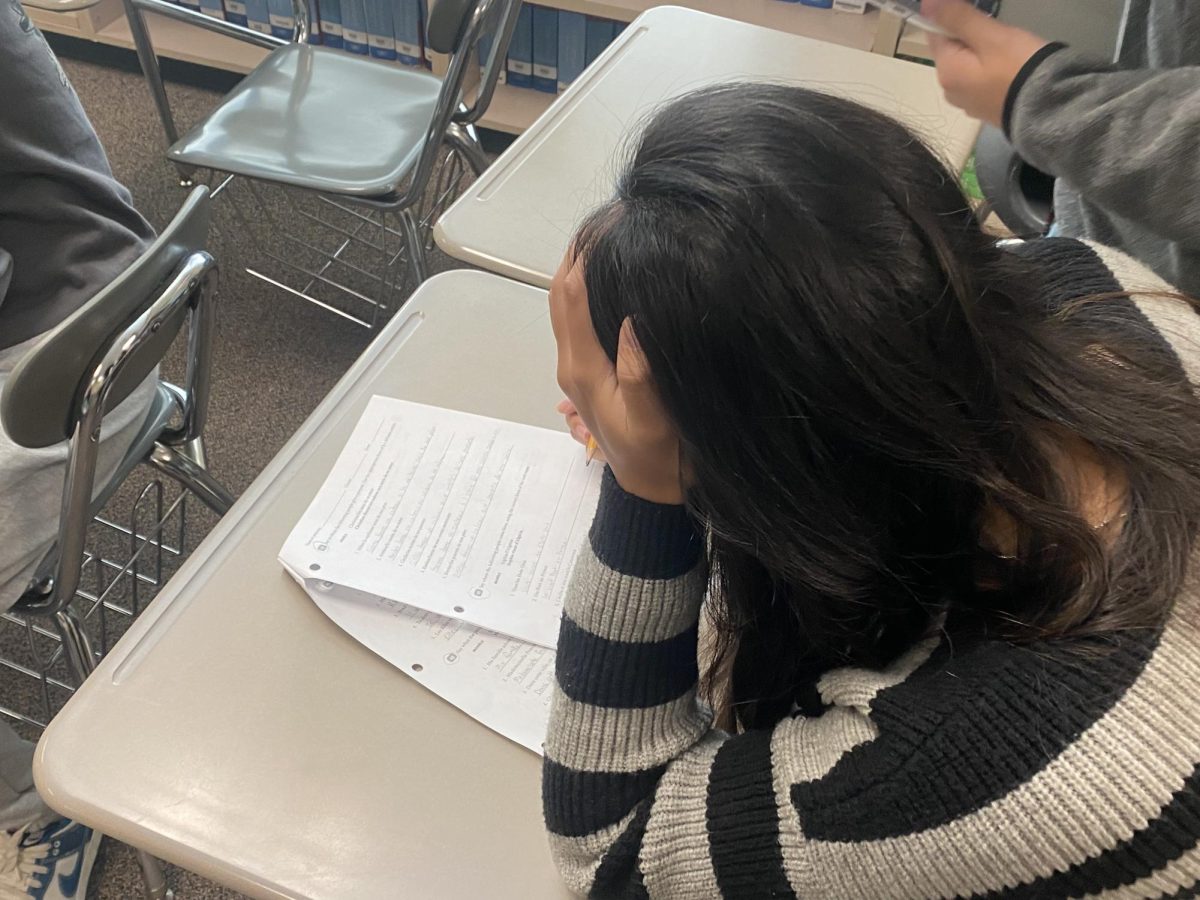The United States is a diverse country with many different nationalities. According to the Congressional Budget Office, 45 million people in the United States are born in different countries. With this, according to Statista, the United States is the top country in the world with the most immigrants which makes a huge impact for the bilingual population.
With many immigrants in the United States, children end up speaking English at school, and their first language at home. Children are used to speaking two or more languages on a daily basis and it is a norm for them. School creates a way for most children from immigrant families to learn English, which makes more people become bilingual because people come to the United States speaking only their mother tongue language.
The Department of Education indicates that growing up bilingual gives job opportunities to participate and be part of the global community as well as highlight intelligence, but can also lead to language confusion and can make it difficult in the education field. Students from a young age do face the challenges of having to translate to dominant languages that aren’t their own. With this being a setback in school, it is shown to pay off in the future. Employers for jobs tend to look for bilingual individuals so that it’s easier to communicate with others around the world, making companies and businesses more global. This opens up doors such as higher salary, opened doors to travel, meeting new people, and chances to live abroad. Still, on a daily basis, bilingual children reap disadvantages faced with speaking different languages, and many wait for the benefits to come.
Being bilingual can help children connect with community, culture and family by speaking with their heritage. Kavya Rajesh (‘26) is a bilingual student. English is her first language and Tamil is her second. She shares how being bilingual positively affects her, “I am exposed to and understand more culture from both my languages and I can communicate and connect with more people. For example, it is easier for me to communicate with my relatives in India who speak Tamil.”
Growing up being bilingual can be a struggle for many kids, this includes language miscommunication, translation deficiency, keeping up with the language, and reading or writing confusion. Joy Ntuyabaliwe (‘26) confronts her hardships of being bilingual, “When I was in Tanzania I had mastered both English and Swahili. At school I spoke English and at home I was surrounded by Swahili but once I moved to the US, the only people around who spoke Swahili were my parents. I wasn’t constantly hearing the language and this caused me to forget some words. Now when I talk to my relatives I find that I can’t say one full sentence without adding English words.”
As children grow up speaking more than one language from a young age, schools around the United States, and internationally, have adjusted and provided help or opportunities for multilingual children in order to pursue full fluency within both languages. As being bilingual plays a big role for children in the future with jobs, creating opportunities, and college advantages, children are seen to need help in certain areas to help with their full potential of learning. American University shows how many schools around the U.S. try to provide a diverse classroom and English language programs to create a better environment for bilingual students. There are also many international schools put in place for expats and people that move around a lot, to help with the adjustments needed. As the United States has gotten used to the fact that as a country, it is made out of many immigrants, it is a helpful country when it comes to getting used to different diversity and languages, as programs are put in place.
Many kids and teens see the effects created by being bilingual, some positive and some negative. There are programs put in place to help kids from a young age succeed in academics with the barrier of language. Speaking more than one language is very helpful for the future of many kids, as it opens doors for them and provides opportunities.











































































